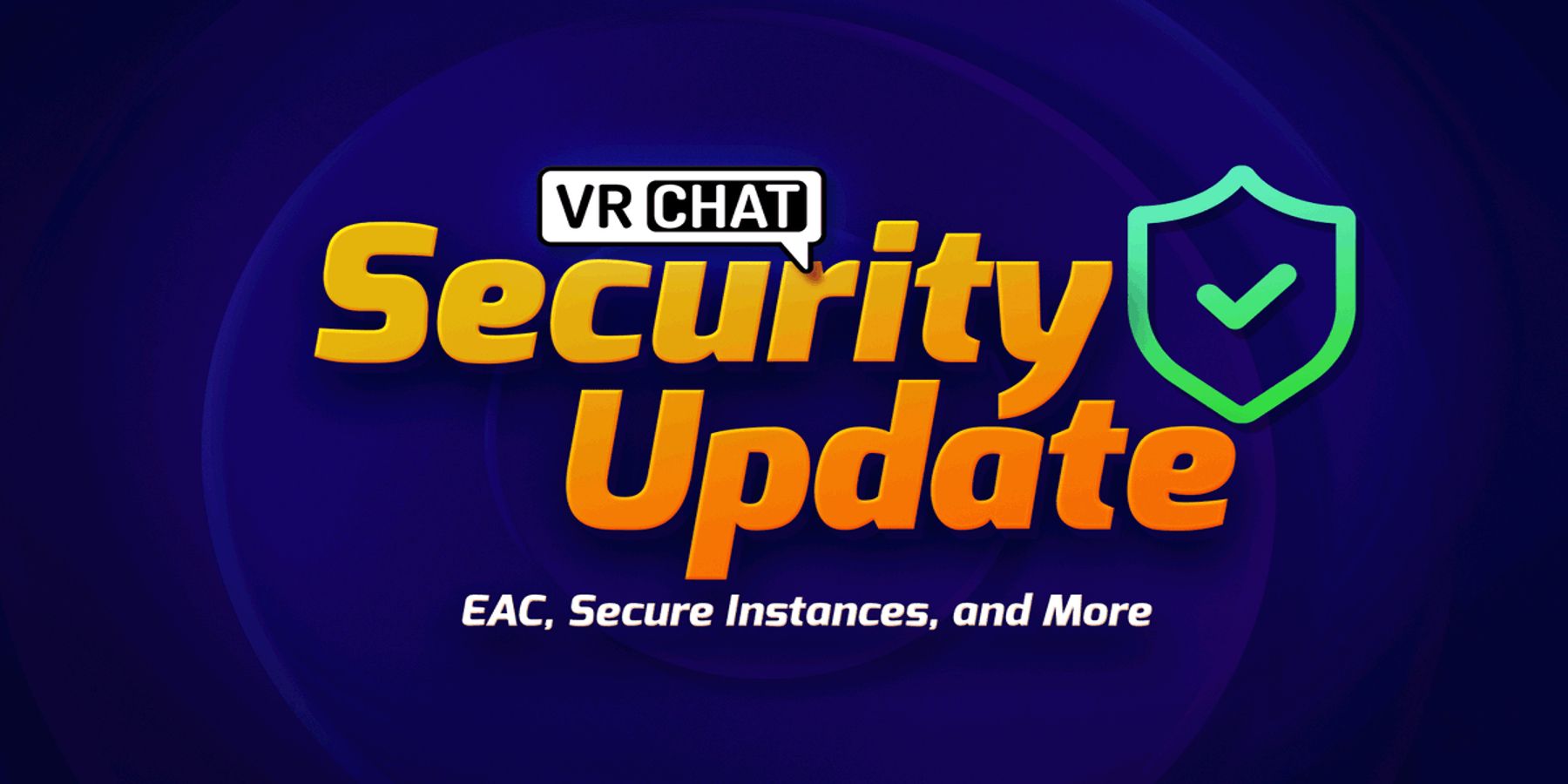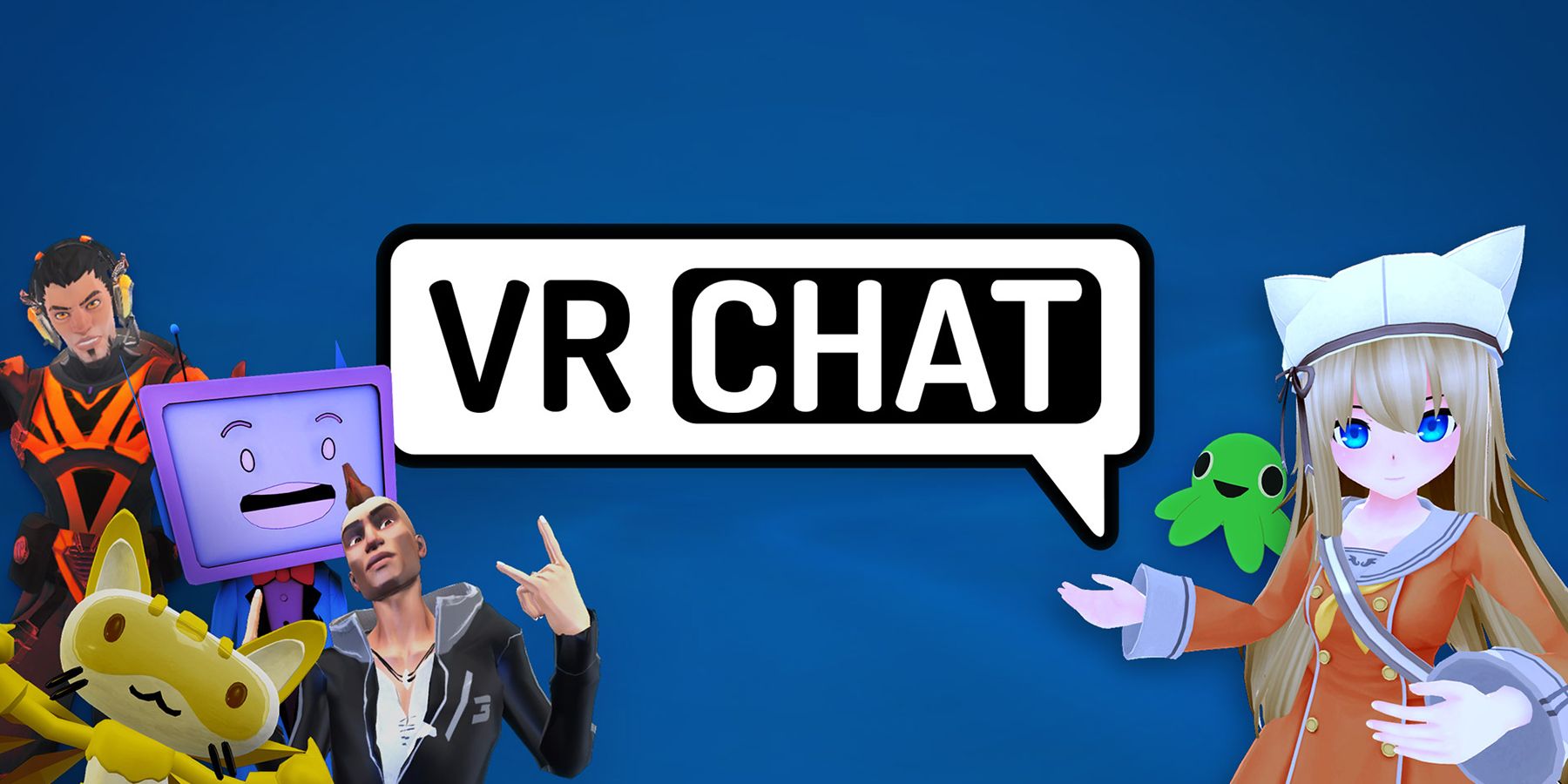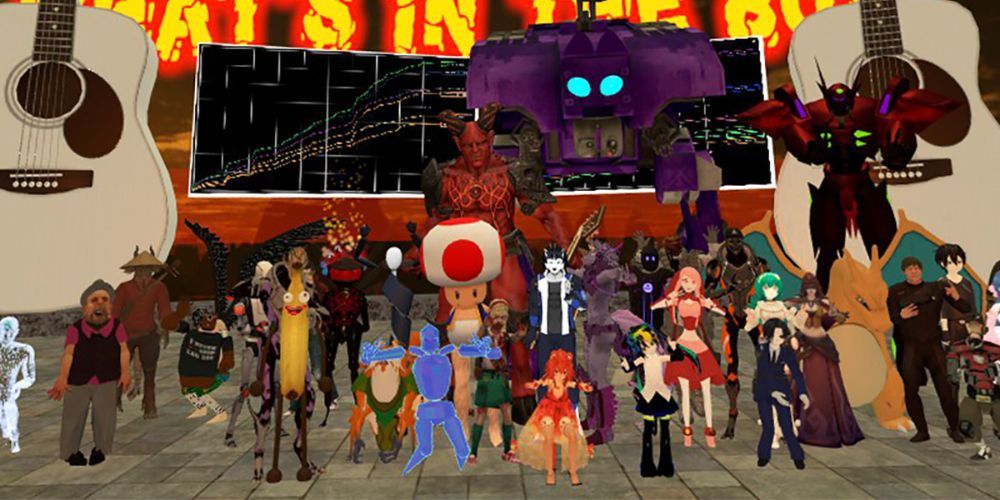In a decision that has left many players both disappointed and frustrated, VRChat Inc. has announced it will be implementing Easy Anti-Cheat as part of a new update to VRChat in order to enhance its security against malicious users. Though it's not the first game to utilize EAC, players have been taking to social media to share their concerns with the decision, pointing out that these measures will effectively destroy the community of mods that have grown in and around VRChat. Moreover, a greater concern has been raised for mods improving accessibility of virtual reality for differently-abled users, as the EAC would likewise target these mods too.
In response to the resulting backlash such as VRChat being review-bombed on Steam, VRChat Inc. has released a public statement standing by its decision to implement EAC, but it also made an effort to reassure its users that accessibility features will be factored into future developments. Despite this, players are still left unhappy by the decision, with various reasons ranging beyond just accessibility. For instance, current modders cite feeling like targets to an unfair policy while losing their creative work while future users are being discouraged from joining the game when alternatives are available.
VRChat's Easy Anti-Cheat Reasoning
At face value, VRChat Inc.'s decision to implement a means of more effectively moderating the kind of content that it hosts is a sound one. Developers are often cautious about what kind of services they allow, whether it's due to the quality or performance of games or the safety of users. For example, when Miiverse was discontinued, Nintendo's official explanation cited the existence of more dedicated social media services, but many fans believe that Nintendo was struggling to moderate online content by fans, especially that which was unsuitable for children.
Additionally, VRChat Inc.'s decision isn't an unusual one, as it also references many other games that similarly use EACs as an integral part of their online services, such as Apex Legends or Fortnite. Crucially though, the implementation of an EAC is a blanket solution to a nuanced problem, as the EAC will ban all VRChat mods and won't differentiate between those deemed malicious and those that improve accessibility. To complicate matters, it seems VRChat Inc.'s response has been to double down and only consider the consequences of its decision after public outcry.
VRChat Inc.'s Response And Future Plans
Fundamentally, the flaw with this one-size-fits-all problem-solving is that it not only ignores the accessibility of differently-abled users, but it smothers the creative freedom of users. Players will always seek out opportunities to improve their gaming experiences from their favorite games. For example, many games already exist with player-hosted servers for modded versions ranging from Minecraft to Grand Theft Auto 5, suggesting that VRChat shouldn't be any different. Furthermore, other games traditionally offer extensive gameplay of some kind, but for a unique title like VRChat, the game hinges in large part upon players and their creativity to enjoy themselves.
VRChat Inc.'s updated statement with careful wording following backlash has led some players to question how committed the developers are to taking on board the VRChat community's feedback. Particularly, some wonder why accessibility had never been considered in the first place, and why, when mods were the only means of resolving these issues, an EAC would be implemented before rectifying accessibility outright. Regardless, while players are hopeful that VRChat Inc. will still honor fans' feedback and implement accessibility options, the downside is that the timescale for these features is unclear and has only been classed as a "priority."
VRChat is available now on Oculus, PC, and Viveport.



